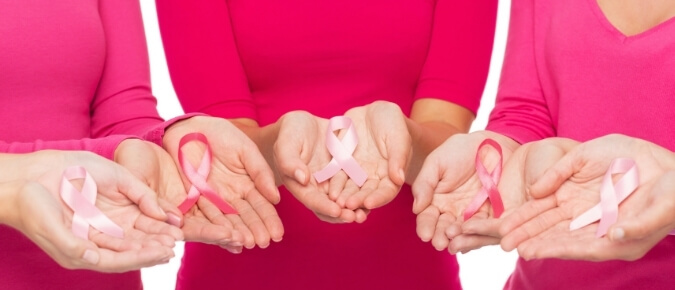
Australia could further reduce cervical cancer incidence and mortality by expanding the availability of HPV screening on a self-collected sample, according to a new Cancer Council NSW study released on International HPV Awareness Day.
HPV, or human papillomavirus, is the cause of almost all cervical cancers.
Through the National Cervical Screening Program (NCSP), self-collection is currently only offered to women aged 30 or older who have never participated in cervical screening or are two or more years overdue. The research shows self-collection could be offered more widely, and potentially as an equal choice for all Australian women.
Last year, World Health Organization's (WHO) launched a global strategy to eliminate cervical cancer as a public health problem. Australia has been at the forefront of cervical cancer prevention and control for decades and is on track to be the first country in the world to eliminate cervical cancer, by 2030.
While Australia has one of the lowest rates of cervical cancer in the world, there are many women that our screening program is missing, and it's these women who miss out on screening who are at the greatest risk of developing invasive cervical cancer.
Self-collection is an alternative way of collecting the sample required for HPV testing, which a woman can do herself. As a less invasive approach to the standard speculum procedure, it could help overcome the barriers some women experience to having clinician-collected cervical screening.
The study shows offering all women the option to collect their own sample would be an effective approach to further reduce cervical cancer incidence, by helping to reach more women who are not participating in screening currently.
Each year, around 900 women in Australia are diagnosed with cervical cancer and around 250 women die from it. The vast majority of these cancers and deaths are preventable.
While Australia is very close to reaching the WHO elimination threshold of fewer than four cases per 100,000 women, there is more work to be done to ensure that elimination is a reality for all women in Australia.
If you are overdue or have never been screened, it is important to get tested. Although self-collection is not yet available to all women, many women are eligible – ask your healthcare provider about it. Women aged 30 or older who haven't had a screening test in the last four years are eligible for self-collection now.






